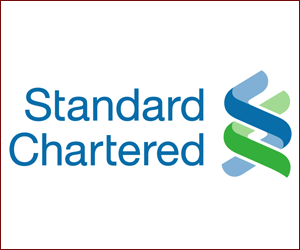Banking / Investment in Djibouti
-
DJIBOUTI CITY, 2016/06/19
Djibouti’s banking regulator has unveiled a series of reforms that seek to improve the efficiency and health of the country’s lenders, and expand sharia-compliant financial services.
The regulatory overhaul, which is set to be rolled out this year, includes plans to improve operational efficiency and set up a new credit data system to help banks manage credit risk.
The measures are in line with a raft of reforms introduced by the Central Bank of Djibouti (Banque Centrale de Djibouti, BCD) in recent years aimed at strengthening the position of local lenders and increasing transparency.
-
DJIBOUTI CITY, 2015/01/04
Regional microfinance institutions are poised to benefit from regional integration, if they apply for an observer status at the East African community secretariat, Innocent Safari, the permanent secretary, Ministry of East Africa community affairs has said.
The advice follows plans by sector players to move towards integrating legal and regulatory frameworks during the recently concluded microfinance CEO's summit in Kigali.
During the summit, top micro finance managers resolved to explore ways in which laws, regulations and supervisory frameworks governing the sector can be harmonised to enhance cross-border business.
-
DJIBOUTI CITY, 2013/09/09
Representatives from the Djiboutian government and the Saudi Fund for Development on Thursday (September 19th) signed a nearly $5-million (898-million franc) loan agreement to support Djiboutian economic development, the Djiboutian Data Agency reported.
The agreement, signed by Djiboutian Minister of Economy and Industrial Finance Ilyas Moussa Dawaleh and Yousef Bin Ibrahim al-Bassam, vice president of the Saudi Fund for Development, is intended to finance a number of projects in areas such as agriculture, fishing, transport and trade.
The agreement is as well intended to diversify the national economy by funding small and medium enterprises and creating 2,400 jobs for Djiboutian graduates. A significant proportion of the funding has been reserved for women.








